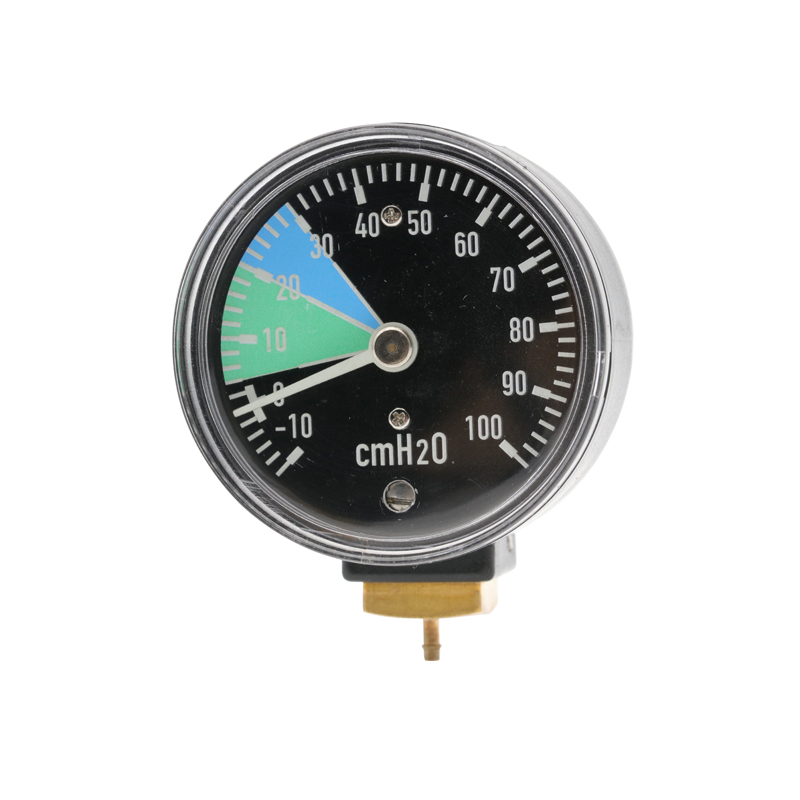
Sep . 06, 2024 07:45 Back to list
Pressure Gauge for Fire Protection Service | Reliable Fire Safety Solutions
Pressure Gauge for Fire Protection Service Essential Component for Safety
In the realm of fire protection systems, the reliability and accuracy of monitoring equipment are paramount. Among these tools, the pressure gauge plays a pivotal role, serving as a critical component in ensuring the effective operation of firefighting systems such as sprinkler lines, fire pumps, and standpipes. This article explores the significance of pressure gauges in fire protection services, their operational principles, and maintenance considerations.
Importance of Pressure Gauges
Pressure gauges are essential for monitoring the pressure within fire protection systems. These devices help maintain optimal pressure levels, ensuring that water is readily available in case of a fire emergency. Accurate pressure readings allow fire safety professionals to assess the integrity of the system and identify any potential issues such as leaks or pump failures before they escalate into serious problems.
In fire sprinkler systems, the pressure gauge provides continuous oversight of the water supply pressure. A drop in pressure may indicate a malfunction or a breach in the system, raising alarms about the efficacy of the fire protection being offered. Therefore, regular monitoring with calibrated pressure gauges is not just a matter of regulatory compliance; it's vital for ensuring the safety of property and lives.
Operational Principles
Pressure gauges for fire protection services typically operate on one of several principles, including mechanical, electronic, or digital displays
. Mechanical gauges, often using a bourdon tube or diaphragm, provide a straightforward analog reading of pressure. These are commonly used due to their simplicity and reliability.pressure gauge for fire protection service product

On the other hand, electronic and digital pressure gauges offer advanced features, such as data logging, remote monitoring, and integration with building management systems. These high-tech options allow for real-time data analysis, thus enhancing the responsiveness of fire safety protocols.
Regardless of the type, all pressure gauges must be regularly calibrated to ensure accuracy. Malfunctioning or poorly calibrated gauges can lead to erroneous readings, resulting in improper responses to potential fire hazards.
Maintenance Considerations
Regular maintenance of pressure gauges is essential for their long-term functionality. Fire safety regulations typically mandate routine inspections and testing of all fire protection equipment, including pressure gauges. These inspections should include checking the gauge for any signs of damage, ensuring the connections are secure, and verifying that the gauge is functioning correctly by comparing its readings against a known standard.
In addition to routine checks, it is advisable to replace any gauges that show signs of wear or those that are approaching their end-of-life expectancy. Regular maintenance not only prolongs the lifecycle of the equipment but also enhances the overall reliability of the fire protection system.
Conclusion
In summary, pressure gauges serve as indispensable tools in the fire protection domain. Their role in monitoring system pressure ensures that fire safety systems perform optimally, providing crucial responses in emergencies. Understanding their importance, operational principles, and maintenance needs is essential for any facility manager or safety officer responsible for ensuring the effectiveness of fire protection services. By prioritizing the upkeep and accuracy of pressure gauges, we can significantly enhance fire safety and protect lives and property from the devastating effects of fire.
-
High-Precision 5 Valve Manifold Differential Pressure Gauge Suppliers
NewsApr.29,2025
-
High-Precision Diaphragm Vacuum Pressure Gauges Manufacturers & Quotes
NewsApr.29,2025
-
Omega Differential Pressure Gauges High Accuracy & Durability
NewsApr.28,2025
-
Low Pressure Differential Pressure Gauges Precision Solutions & Quotes
NewsApr.28,2025
-
Digital Diaphragm Pressure Gaauge Precision Measurement & OEM Quotes
NewsApr.28,2025
-
Differential Pressure Gauge China Price High-Accuracy & Best Quotes
NewsApr.28,2025
